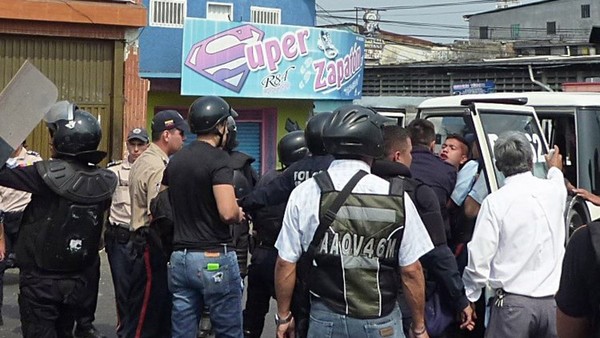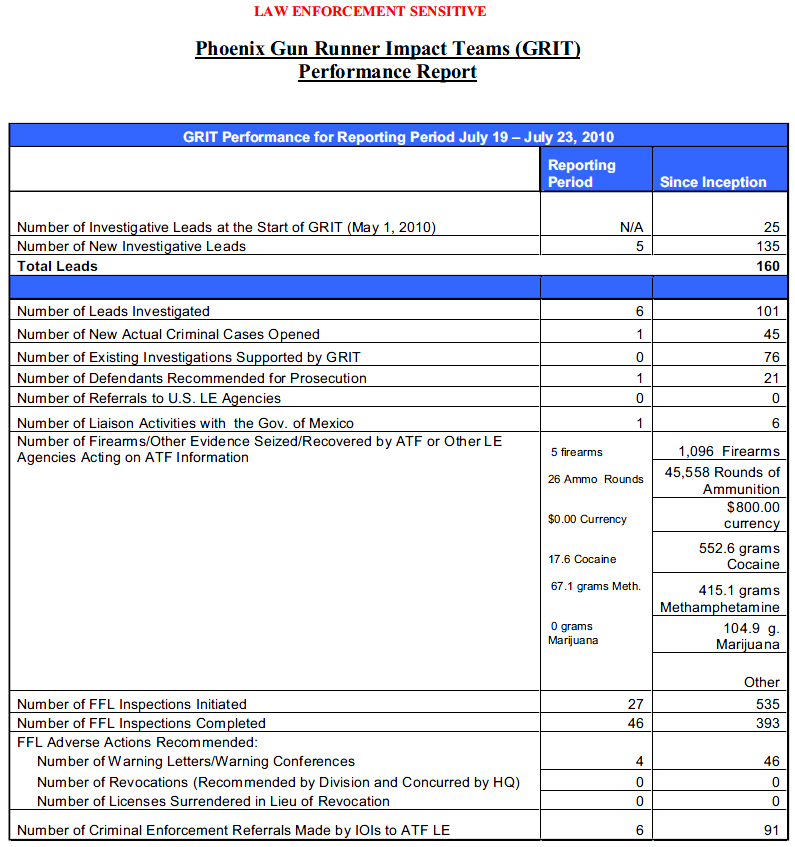US Spends $600 Billion/Year on Education, But Large Majority of H.S. Seniors Not College-Ready
Hollingsworth/(CNSNews.com) – Despite the fact that the U.S. spends more than $600 billion per year on public education, a large majority of high school seniors are not ready for college-level work in math and reading, according to the latest results of the 2015 National Assessment of Educational Progress (NAEP), also known as “the nation’s report card”.
Demonstrating proficiency in a core subject like math or reading is considered proof of being academically prepared for college-level courses.
However, just 25 percent of 12th graders tested “Proficient” or above in math on the 2015 NAEP, down slightly from the 26 percent reported in 2013.
That means that three-quarters of the nation’s soon-to-be-graduating high school seniors are not prepared to succeed in college math courses.
Although more 12th graders (37 percent) tested “Proficient” or above in reading, that figure was also down one percent from the 2013 results.
According to NAEP, nearly two-thirds of high seniors do not have the written language skills they will need in college.
The average score of the 31,900 12th graders who took the 2015 NAEP math test was 152, which was down in all four content areas and one point lower than the average score (153) in 2013, Peggy Carr, acting commissioner of the National Center for Education Statistics (NCES), told reporters during a webinar on Wednesday announcing the latest NAEP results.
Only three percent of those taking the math assessment tested “Advanced.” Another 22 percent tested “Proficient”, with 37 percent of test-takers demonstrating a “Basic” mastery of mathematics.
However, the largest contingent – 38 percent – tested at the lowest “Below Basic” level. “There is a larger proportion of students at the bottom of the distribution” than in 2013, Carr acknowledged.
English Language Learners, who posted a six-point gain, were the only student sub-group to significantly increase their math scores over 2013 levels, she pointed out.
The average score in reading (287) was not significantly different from the average score reported in 2013 (288), Carr said.
Six percent of high school seniors scored in the “Advanced” reading category, with 31 percent testing “Proficient”, and 35 percent scoring in the “Basic” range.
However, 28 percent failed to demonstrate even basic mastery of the written word – three percent more than in 2013.
Carr noted that the 2015 NAEP results remained virtually unchanged for various racial and ethnic sub-groups compared to 2013. In general, white and Hispanic males tended to do better on the math tests, while females overall did better on the reading assessments, she pointed out.
Education experts also noted that average math scores were higher for students who took more challenging pre-calculus and calculus classes, and average reading scores were the highest for students who reported reading more than 20 pages of text a day in school or while doing their homework assignments.
When CNSNews.com asked how the latest reading and math NAEP scores compared to student test scores worldwide, Carr replied that “we will wait to see” when the next international results are released in November and December.
According to the latest available figures from NCES, “the 50 states and D.C. reported $603.7 billion in funding collected for public elementary and secondary education in 2013.”
State and local governments provided 91 percent of all education funding, while the federal government paid the remaining 9 percent.
*****
Don’t go away yet, there is more and it is worse.
Obama budgets $17,613 for every new illegal minor, more than Social Security retirees get
Paul Bedard, the Washington Examiner: President Obama has budgeted $17,613 for each of the estimated 75,000 Central American teens expected to illegally cross into the United States this year, $2,841 more than the average annual Social Security retirement benefit, according to a new report.
The total bill to taxpayers: $1.3 billion in benefits to “unaccompanied children,” more than double what the federal government spent in 2010, according to an analysis of the administration’s programs for illegal minors from the Center for Immigration Studies. The average Social Security retirement benefit is $14,772.
The report notes that the president’s budget, facing congressional approval, includes another $2.1 billion for refugees, which can include the illegals from Central America, mostly Honduras, Guatemala and El Salvador.
What’s more, the administration is also spending heavily on a program with the United Nations to help the illegal minors avoid the dangerous trip by declaring them refugees and handing them a plane ticket to the U.S. where, once here, they get special legal status.
The report, titled “Welcoming Unaccompanied Alien Children to the United States,” is a deep dive into the administration’s evolving efforts to let hundreds of thousands of mostly 16- and 17-year-old males settle in the country.
It said that most of the undocumented minors do not qualify for refugee status or are even in any danger in their native countries. Instead, they are seeking to unify with their family members, commonly parents in the United States illegally.
The report cited Department of Health and Human Services data showing the trend. “New data,” said CIS, “shows that 80 percent of the 71,000 Central American children placed between February 2014 and September 2015 were released to sponsors who are in the United States illegally.”
Go here for charts and full report.
Author Nayla Rush suggested that the administration’s Central American Refugee/Parole Program with the United Nations that declares minors refugees could have the effect of giving legal status to their illegal parents once in the U.S.
“Children will be able to qualify for refugee status and then be flown to the United States. As a reminder, refugees receive automatic legal status and are required to apply for a green card within their first year following arrival. They can apply for citizenship five years from the date of entry.
“Since parents from Central America illegally present in the United States could not benefit from the CAM program and sponsor their children, perhaps the reverse can take place with children admitted under this new version of the refugee program. Children, acquiring legal status followed by naturalization by the time they reach adulthood, could indeed sponsor their parents,” wrote Rush.







